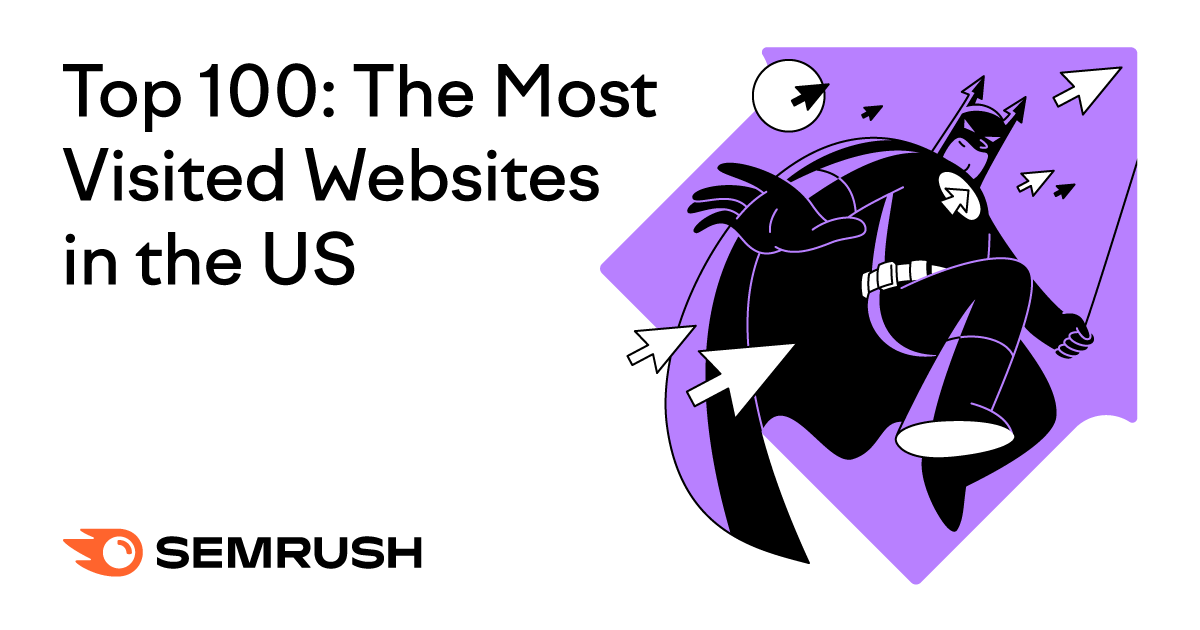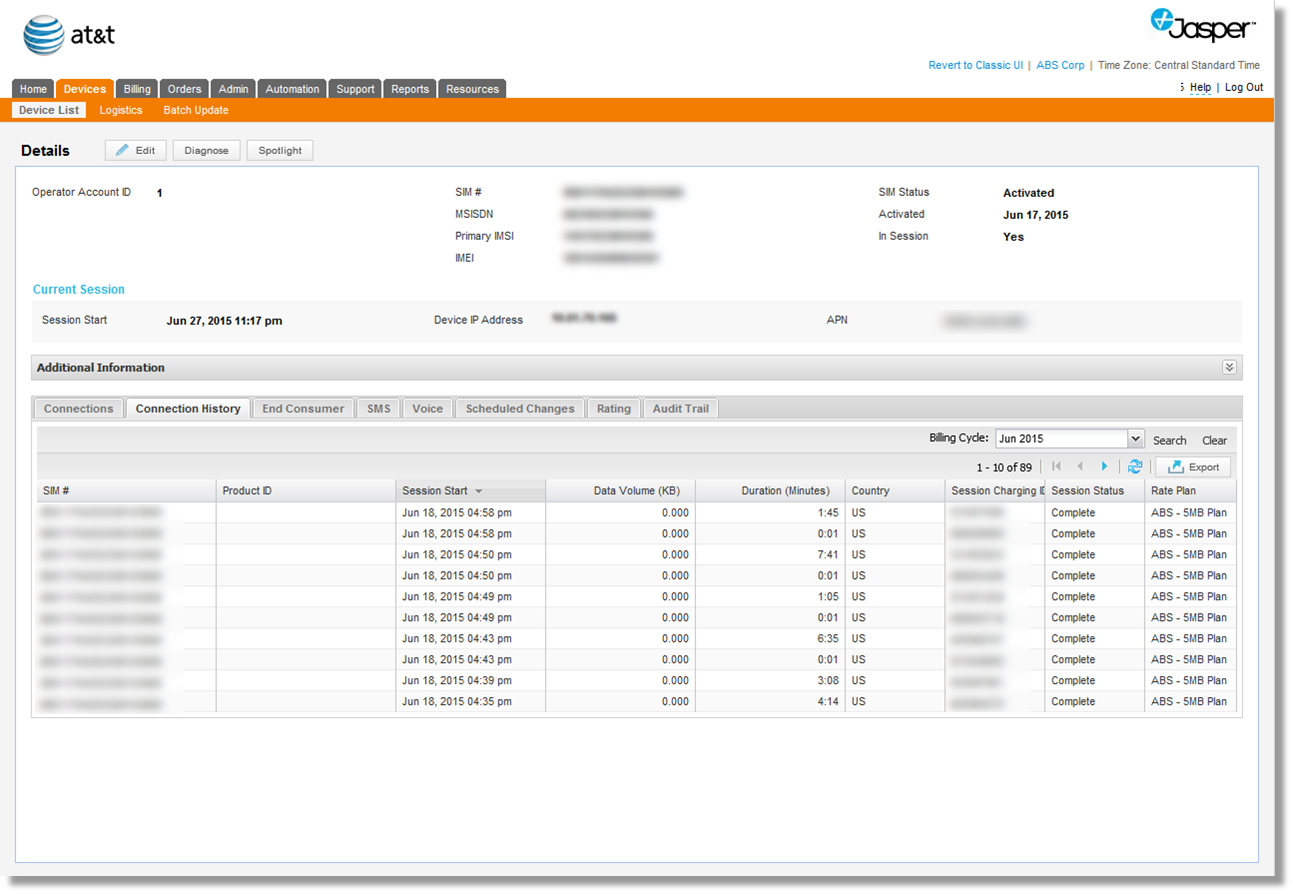
Online behavioural advertising involves showing you a selection of adverts based on websites you have previously visited, as well as other interactions you’ve had with organisations, both online and offline. Some involve displaying the same adverts to everyone who visits a particular website. There are different ways of advertising to people online.

Further ReadingĬan I opt out of online marketing and advertising? type the address in manually, use a bookmark or use a search engine. Check that the link looks correct before you click on it – if you’re using webmail in a browser, hovering over the link with your cursor should allow you to see the actual link in the bottom left corner of your browserĪs a rule, don’t click on any links in emails unless you’ve requested the email - visit the website you’re being asked to go to via your usual means, e.g.Examine the email sender’s address carefully before opening an email, and do not click on any links or email attachments unless you are sure of the sender’s identity.Be suspicious of anyone who asks for your bank account of credit card details or asks for your password.Before disclosing any personal information online, make sure you know who you are dealing with.If in doubt, don’t open emails or attachments.Such emails appear to be from recognisable sources such as banks but actually link to fraudulent websites. Phishing is a mostly email-based scam that lures you under false pretences to websites which look legitimate to get you to provide personal information. Numerous scams are in operation to get you to provide personal details, including details of your bank account or credit card, for fraud. What are online scams and how can I avoid them? Use different passwords for different sites.

Try to use random mixtures of numbers and letters. When choosing a password, avoid obvious choices such as mother’s maiden name, child’s name, pet’s name, or other references that someone may be able to find out through information you have posted elsewhere.

Ask yourself:Ĭheck a site’s privacy notice to find out what it intends to do with your information. Use the same common sense as you would when asked for personal information on paper or face to face.

When doing any online transaction you can take steps to protect your personal information. How can I protect my personal information online? Do I have any responsibilities when posting personal data about other people online?.What can I do if someone says something about me online that I don’t like?.How can I help my children stay safe online?.How should I use privacy settings on social networking sites?.What should I consider when social networking?.Can I opt out of online marketing and advertising?.What are online scams and how can I avoid them?.How can I protect my personal information online?.However, you can take various precautions to protect yourself from identity fraud or the misuse of your information, or to ensure that your privacy is respected in the way you would want. Organisations that collect and use your information have responsibilities to protect it. Doing things online can offer convenience and widen opportunities, and in general people value it. Online shopping, social networking, job hunting and the ability to carry out official functions, such as renewing car tax or contacting local councils and government departments online, are now an everyday part of life. More and more people are conducting their personal affairs online.


 0 kommentar(er)
0 kommentar(er)
